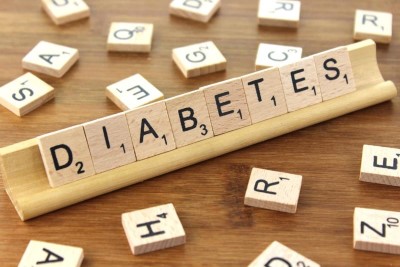Search

News & Events
Exercising a passionOur exercise researcher Wayne Soon talks about why he became a diabetes researcher in The West Australian's ED! liftout, published August 20.

News & Events
Help us name our new exercise app!Our exercise researchers have been working with young people with type 1 diabetes to create an app and we need your help to name it!

News & Events
CGM Information NightPerth Children’s Hospital’s Diabetes Clinic is holding a Continuous Glucose Monitoring (CGM) information night on Wednesday, May 29.

The Children’s Diabetes Centre was honoured to have leading international experts Laurel Messer and Professor Mike Riddell as guest speakers at its community forum and research symposium recently.

News & Events
Communication key to successful school transitionThis time last year Keira Reynolds was in a vastly different place to where she is today. Back then, the Year 6 student was coming to grips with a new type 1 diabetes diagnosis and finishing primary school, uncertain about what lay ahead at high school.

News & Events
Let's add years to kids' livesHave you seen our recent letter about a new area of research we’d like to focus on to improve the heart health of kids with type 1 diabetes? More and more evidence is showing the importance of exercise and cardiovascular health but surprisingly there isn’t much research in this field.

News & Events
Research finds pumps deliver better long-term blood glucose controlNew research from the Children’s Diabetes Centre at The Kids Research Institute Australia has found children who use an insulin pump to manage their type 1 diabetes have better long-term blood glucose control than those on insulin injections.

News & Events
Be as fearless as EmilyMeet eight-year-old Emily. She lives in Northam, has Type 1 Diabetes and stars in one of the videos for a new The Kids Research Institute Australia digital advertising campaign. Mother Kathleen Noble said the initial diagnosis was the hardest time for the family.

News & Events
Know what you are covered forRecent changes to private health insurance policies are a timely reminder to check your level of cover, especially for those undergoing pump therapy.

News & Events
Helping to relieve diabetes distressThe burden of having T1D is enormous and our researchers are conducting a study trying to understand how we can help relieve diabetes distress.
